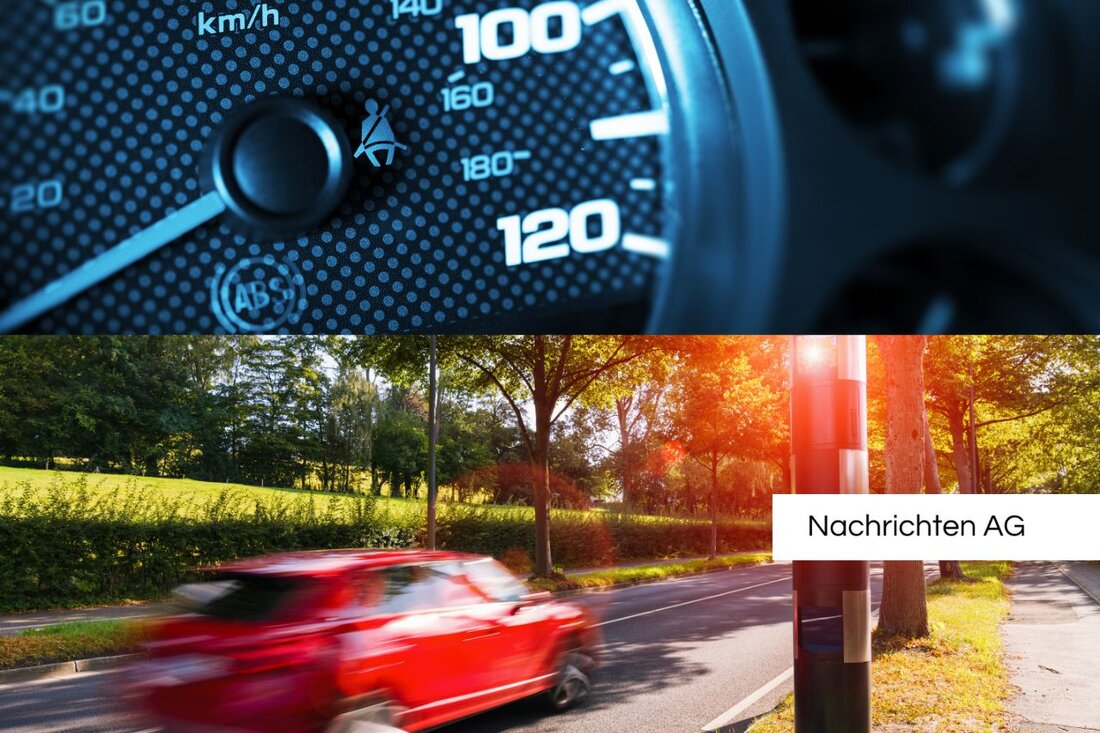Speed camera use in Munich: Where the 30 km/h zones are lurking today!
Current speed camera locations in Thalkirchen, Munich: Overview of speed measurements and important information for drivers.

Speed camera use in Munich: Where the 30 km/h zones are lurking today!
In the Bavarian capital Munich, road safety is very important, and this also includes speed checks, which are regularly carried out by mobile and fixed speed cameras. The city is currently recording a total of five locations where speed measurements are taken [news.de](https://www.news.de/auto/858906862/mobile-blitzer-d-muenchen-graefelfing-radarkontrolle-bayern-aktuell-in-obergiesing-fasangarten-17-1-feldmue llersiedlung-laim-25-2-hadern-20-1-thalkirchen-obersendling-forstenried-fuerstenried-solln-19-1-untergiesing-harlaching-where-today-on-friday-19-/1/) with. The current measurement system shows that the number of speed cameras in the city can vary and sheds light on the current situation and the approach to speeding.
The following speed camera locations were reported particularly promptly, on September 19, 2025:
- Tegernseer Landstraße (81541 Obergiesing-Fasangarten): 30 km/h
- Heinrich-Goebel-Straße (80686 Laim): 30 km/h
- A96 (80689 Hadern): 80 km/h
- Heilmannstraße (81479 Thalkirchen-Obersendling-Forstenried-Fürstenried-Solln): 30 km/h
- Naupliastraße (81547 Untergiesing-Harlaching): 50 km/h
Speed measurements are not only crucial for individual driving behavior, they also have a significant impact on traffic safety in the city. Munich is one of the cities that particularly relies on 30 km/h zones, which is intended to ensure quiet driving. Information about fixed speed cameras is easily accessible, while mobile measuring points are often only announced at short notice.
Speed cameras and their meaning
Munich itself can be described as a speed camera metropolis, even if bussgeldkatalog.org reports that the number of speed cameras is relatively low. The Bavarian capital, with its approximately 1.5 million inhabitants, makes ends meet without excessive pressure from nationwide speed cameras. The motorway ring road and the federal motorway 99 are spread around the city, meaning that a large number of road users are inevitably confronted with speed checks.
Road users always have to expect fines, points in Flensburg and potential driving bans. Anyone who is unsure, for example about the amount of the penalties, can use a calculation tool to determine the real consequences for speeding.
According to a study by merkur.de, Bavaria is not doing well at all compared to the rest of Germany when it comes to the density of speed cameras. With just 0.1 speed cameras per 100 km², the Free State has the lowest speed camera density in Germany and therefore takes last place in the ranking. In order to increase road safety, traffic experts advocate a significant increase in the number of speed cameras.
If you look at the number of speed cameras in the area, Munich is well in the running, but the challenge of safety on the streets currently remains. This shows that not only the presence of speed cameras is crucial, but also the ability to sensitize drivers and encourage them to comply with traffic rules. While the discussion about speed camera density continues, regular inspection of the locations remains a must for all road users.

 Suche
Suche
 Mein Konto
Mein Konto